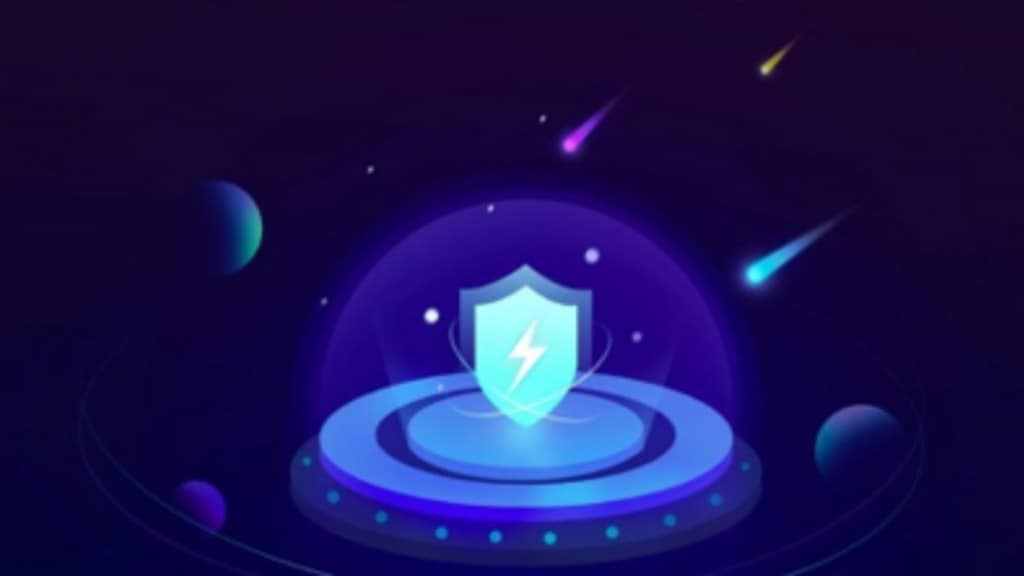As blockchain technology continues to transform industries, security remains a pressing concern in the Web3 ecosystem. Cyberattacks targeting decentralised applications (dApps) and smart contracts have resulted in billions of dollars in losses, raising questions about the long-term viability of decentralised finance (DeFi) and other blockchain-based innovations. Addressing these security challenges is crucial to ensuring trust and stability in the decentralised space.
The rapid growth of Web3 has been accompanied by an increasing number of security vulnerabilities. According to a DappRadar report, the number of daily Unique Active Wallets (dUAW) surged to 7.7 million (approximately 64 crores) in Q1 2024, reflecting a 77% increase from the previous quarter. However, this exponential growth has made blockchain applications a prime target for hackers. Data from industry reports indicate that over Rs 5,600 crores ($700 million USD) were lost due to smart contract exploits in 2024 alone. This stark reality highlights the urgent need for proactive security measures to ensure trust and stability in the decentralized ecosystem.
CredShields, founded by Indranil Roy and Shashank, claims to have prevented financial losses totaling Rs 3,500 crores (around $400 million) with its flagship product, SolidityScan. Through contributions to the OWASP Smart Contract Security Top 10, strategic partnerships, and advanced AI-driven security solutions, the company is redefining standards in blockchain security.
Compared to traditional finance, which loses only a fraction of its total transactions to cybercrime, Web3 remains highly vulnerable. A key reason for this disparity is the lack of standardized security frameworks and the decentralized nature of smart contracts, which leave them exposed to attacks. To address these challenges, various security solutions now offer real-time vulnerability detection, AI-powered fixes, and automated security reports, making security an integral part of smart contract deployment rather than a bottleneck.
Preventing Exploits Before They Happen
Many of the largest hacks in DeFi history could have been prevented with proactive security measures. Security platforms now focus on detecting vulnerabilities before attackers can exploit them. While not all security solutions are involved in every major hack incident, the goal is to identify and mitigate similar vulnerabilities to prevent such occurrences. Notable high-profile attacks, such as the Rs 54 crore ($6.5 million) Deus DAO breach and the Rs 25 crore ($3 million) Orion Protocol exploit, demonstrate the devastating impact of unchecked smart contract weaknesses. By scanning and securing smart contracts before deployment, security tools help developers eliminate potential attack vectors before they can be exploited.
Another major threat in DeFi is flash loan attacks, which have resulted in losses such as the Rs 33.8 crore ($4 million) Mango Markets exploit. Some security solutions incorporate advanced flash loan detection algorithms, allowing developers to proactively address vulnerabilities. By drawing insights from global security frameworks, blockchain security firms continuously evolve to counter emerging threats.
Contributions to Global Security Standards
Efforts to improve blockchain security have led to the development of standardized security frameworks, such as the OWASP Top10 Smart Contract Security Standard. The Open Web Application Security Project (OWASP) is a globally recognized cybersecurity organization that defines best practices for securing digital applications, including blockchain-based systems.
Contributions to these security standards help developers understand and address critical vulnerabilities in smart contracts. By aligning with globally recognized security principles, Web3 security solutions help ensure that smart contracts comply with industry standards, making it easier for developers to secure their applications before deployment.
Industry Adoption and Real-World Impact
Leading Web3 organizations have recognized the importance of security tools in ensuring a safer blockchain ecosystem. Some blockchain explorers and DeFi projects have integrated security solutions to enhance smart contract security, emphasizing AI-driven vulnerability detection and real-time security insights. Testimonials from various projects reinforce the value of these tools in identifying vulnerabilities that might be overlooked in standard security audits.









